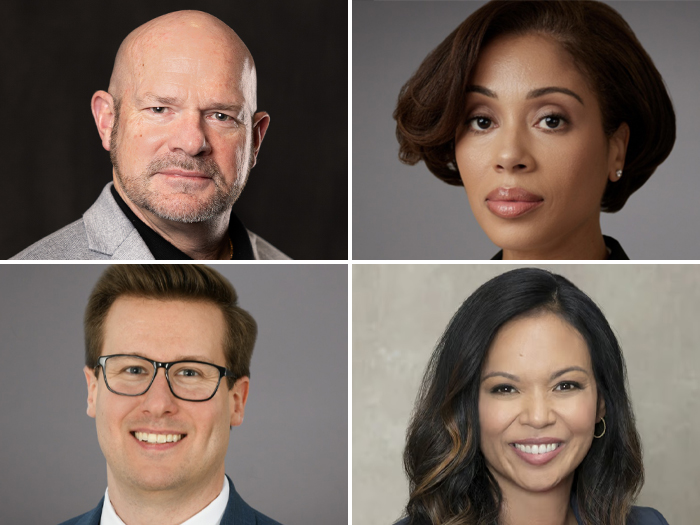Risk Insider: Zachary Gifford
Myriad Issues Impacting Campus ‘Rape Culture’
When considering writing a piece addressing the issues that arise in the documentary, “The Hunting Ground,” which takes a stark look at the purported “rape culture on campuses,” I initially had acute writer’s block.
However, then came an epiphany.
Rather than write about the important organizational endeavors that my employer takes at the campuses to educate, mitigate, investigate, address and counsel folks on the myriad of issues related to sexual assault amongst its population, be it on campus or off, I remembered a question asked of me by a former boss.
The question was, “Who was the first risk manager you knew?” The answer of course is “my mother.”
As such, I wanted to address this issue as an individual issue and take a humanistic point-of-view. Why?
The issue is one of warmth and the need to not think myopically, but to consider all aspects of the issue.
Because the issue of sexual assault falls inside and outside the university or professional organizational environment. It is a home, school (K-12 and higher education), workplace, public space and private space issue.
It is not age, race or gender specific. It is not the 1 percent or the 99 percent.
Within or outside our organizational structure, we all can have an acute effect on mitigating this troublesome risk.
In short, it is my opinion that one needs to be an advocate for doing more than accepting an organization simply being transparent as to data and then falling into data’s apparent inherent Achilles heel of myopic or linear thinking. Data is cold.
The issue is one of warmth and the need to not think myopically, but to consider all aspects of the issue.
For example what is the role alcohol and drugs play in the equation and further what are the root causes of folks falling into a practice of excess consumption?
Most folks likely do not wake up one morning and think “Shucks, I think tonight I will get completely hammered and then commit (or be the victim of) sexual assault.”
There is something else going on there. What is it? Perhaps low self-esteem, narcissism or sociopathic ideations are involved.
Or perhaps a lack of fundamental early life mentoring, nurturing or instruction related to the absolute need for dignity, respect, love, compassion, etc.
Whatever it is, what can you do to promote a humanistic approach to the issue and not simply a “transparency”, “crime and punishment”, “legislative” or other bureaucratic point-of-view or solution?
It is an issue that cannot be addressed in silos, without brutally honest dialogue or in 500 words. As an individual and when the opportunity presents itself or as appropriate, address the issue head-on with colleagues, your children, public speaking audiences, opinion/editorial opportunities, whatever.
Frankly, it appears that great strides have been made over the past 30 years or so to mitigate sexual harassment in the workplace, with much of it focusing on respect, dignity and the right to work in a healthy environment.
Thus why can’t some of the same practices used over the past decades in addressing workplace issues that covered/cover a broad array of education, compliance and investigative endeavors be applied to the issue of sexual assault in the school or higher education environment?
Read all of Zachary Gifford’s Risk Insider pieces.










